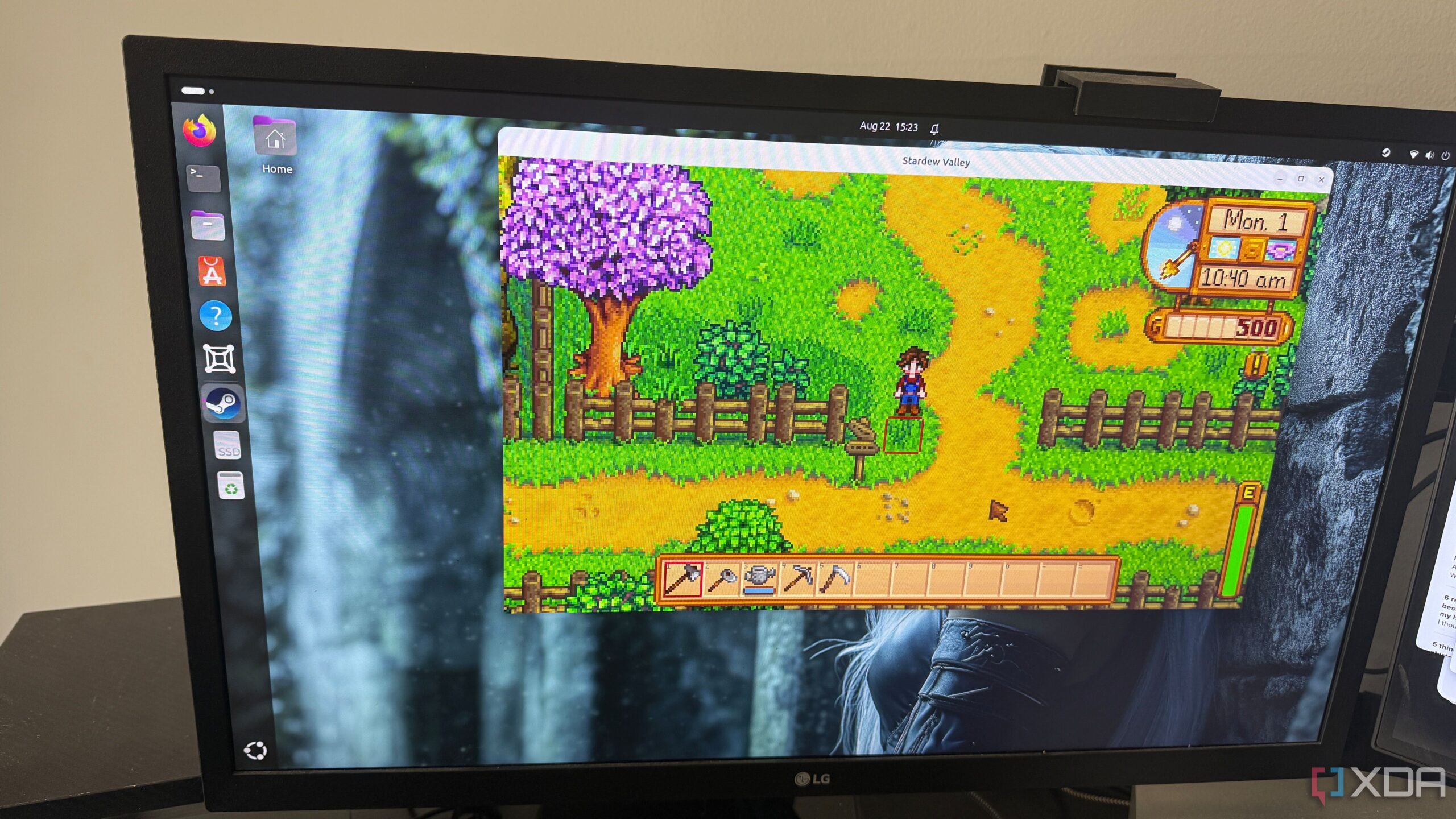UPDATE: A transformative shift in Linux gaming has been confirmed, with users experiencing unprecedented compatibility and support. As of October 2023, gamers are finding that titles once deemed impossible to play on Linux are now running smoothly, thanks to revolutionary advancements in technology and community support.
The landscape of Linux gaming has evolved dramatically since the 1990s. Where once there were hours of troubleshooting just to get classic games like Doom and Half-Life to run, modern users are now launching their favorite titles with ease. This shift is not just a minor upgrade; it represents a significant leap toward making Linux a genuine contender in the gaming arena.
As of this month, Valve’s Proton technology has emerged as a game changer. Built on the foundation of Wine, Proton allows seamless execution of Windows games on Linux, translating game calls into a format that the operating system can understand. This integration means that a vast portion of the Steam library is now accessible to Linux users with minimal configuration required.
“With Proton smoothing over compatibility, hardware support finally reliable, and a strong community driving progress, Linux gaming has reached a point where most people can enjoy it without compromise,” said a long-time Linux gamer.
However, challenges remain. Despite Proton’s success, some games still struggle due to invasive anti-cheat systems or specific compatibility issues. While these instances are less common than they once were, they highlight that Linux gaming is not yet universal. Players may still encounter a few titles that require custom settings or community-sourced solutions, but resources like ProtonDB make finding fixes easier than ever.
Hardware support, historically one of the biggest hurdles for Linux gaming, has also seen impressive advancements. Both AMD and NVIDIA now provide drivers that work seamlessly with many graphics cards. Automatic detection of GPUs and integrated support for peripherals, including Xbox and PlayStation controllers, ensure that players can focus on gaming rather than dealing with technical difficulties.
The community surrounding Linux gaming plays an invaluable role in this revolution. Formerly scattered and difficult to navigate, today’s community resources are organized and accessible. Forums and platforms like Reddit provide quick answers and tested fixes for nearly any issue, creating an environment where players can find support and share solutions.
The burgeoning Linux gaming ecosystem is also bolstered by increased interest from game developers. The rise of the Steam Deck has prompted studios to test and patch their games for Linux compatibility, further solidifying the platform’s viability as a serious gaming option.
The difference between gaming on Linux today versus in the 1990s is nothing short of staggering. What was once a frustrating experiment has evolved into a reliable alternative for gamers worldwide. As of now, the majority of titles in a gamer’s library are launching without issues, making Linux a compelling choice for everyday gaming.
For those who remember the arduous process of getting games to run on Linux, the current experience feels like a dream come true. With continued improvements in compatibility, hardware support, and community engagement, it is clear that Linux gaming is here to stay, and its popularity is only expected to grow.
WATCH FOR: Ongoing updates from developers and the Linux community as they continue to enhance the gaming experience. Gamers are encouraged to share their experiences and solutions, contributing to a vibrant and supportive ecosystem.




































































